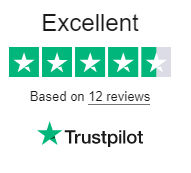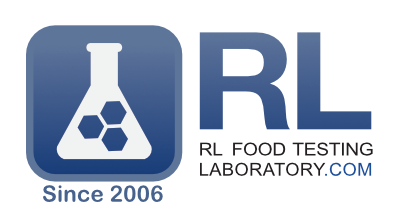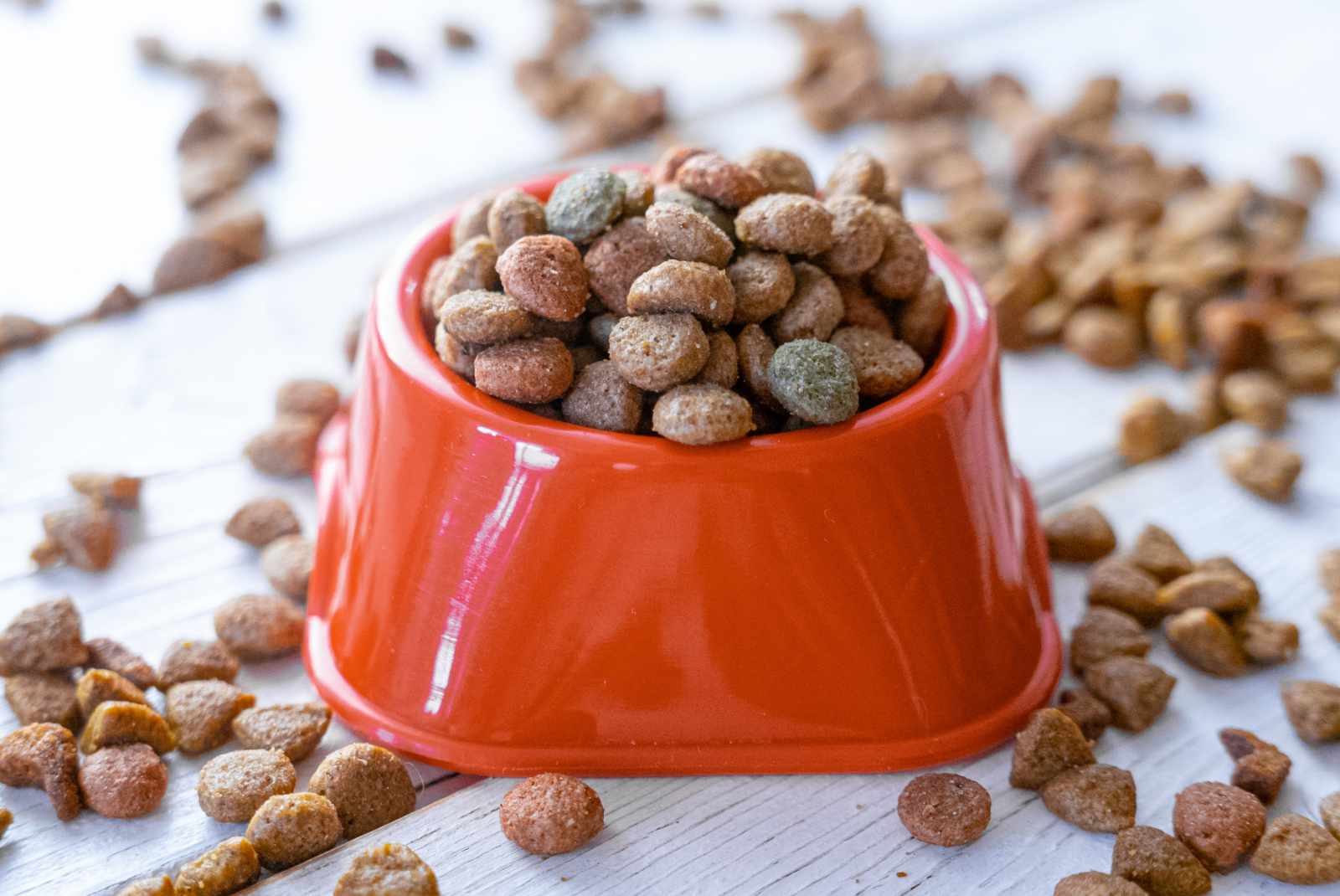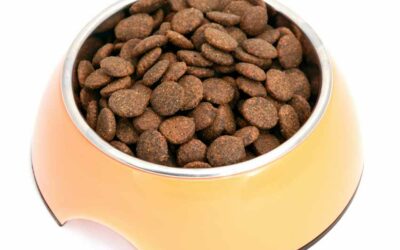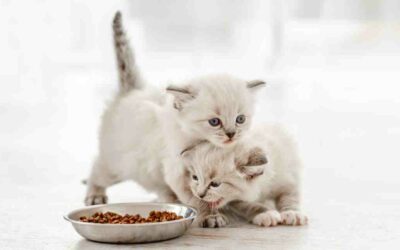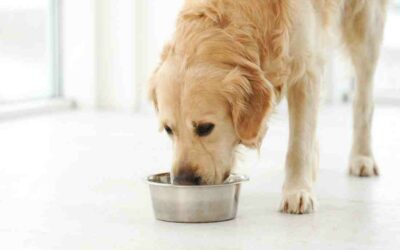The Purina Dog Food Recall: A Case Study in Quality Assurance
In March 2023, Nestle Purina PetCare Company expanded their voluntary recall of Purina Pro Plan Veterinary Diets EL Elemental (PPVD EL) prescription dog food. The original recall was issued in February 2023 and expanded due to the detection of elevated Vitamin D levels in additional production lots from one of their suppliers. While Vitamin D is an essential nutrient for dogs, excessive intake can pose health risks. Fortunately, this was the only formula effected. The prescription dog food was only distributed through veterinary clinics, Purina Vet Direct, Purina for Professionals, and other select retailers with the ability to validate a prescription helping to limit the scope of impact.
This incident serves as a reminder of the importance of comprehensive testing and unwavering quality control within the pet food industry. Manufacturers are entrusted with the responsibility of continually monitoring their products to ensure they consistently meet the highest safety and quality standards.
Pathogens in Dry Dog Food: Understanding Risks
Dry pet food has long been a popular choice among pet owners due to its convenience and extended shelf life. However, events such as the voluntary recall of Nestle Purina’s dog food in February 2023, have highlighted the importance of rigorous quality control and increased vigilance in the production of pet food. One specific concern is the presence of pathogens in pet food. Pathogens are disease-causing microorganisms that can contaminate food products, potentially leading to illness or even death in pets.
The presence of these pathogens can arise from various sources, including raw ingredients, processing environments, and ineffective sanitation practices. In the context of dry pet food, the predominant concerns are related to pathogens such as Salmonella, Listeria, and E. coli. These resilient bacteria can thrive in arid environments, emphasizing the imperative for manufacturers to uphold meticulous quality control protocols throughout the production process.
Laboratory Testing for Pet Foods
To address critical issues like this, pet food manufacturers must implement strict protocols throughout the production process. This includes thorough testing and scrutiny of raw ingredients to ensure their safety and quality. Collaborating with an AAFCO (American Association of Feed Control Officials) certified laboratory for pet food analysis is recommended. Certified laboratories, like those used by RL Food Testing, are renowned for their strict adherence to industry standards and meticulous testing methodologies, ensuring the precision and dependability of their analyses.
Partnership with a trusted laboratory can help identify potential issues, contaminants, or imbalances at the earliest stages of production. This early detection allows for swift corrective actions, safeguarding the integrity of your products and, most importantly, the health and safety of the animals consuming them.
Elevating Safety Measures in Pet Food Manufacturing
In addition to testing, regular inspections of processing facilities and equipment are necessary to maintain proper hygiene levels and prevent cross-contamination. Effective communication channels with suppliers should also be established to monitor potential risks associated with raw materials. Collaboration between manufacturers, regulatory bodies, and veterinary professionals is essential for sharing information on emerging pathogen threats and best practices in mitigating these risks.
Resources for Consumers
It is essential for consumers to stay informed and proactive when it comes to the safety of their pet’s food. AAFCO and the Food and Drug Administration (FDA) both provide valuable resources to help you monitor and verify the safety of pet food products. AAFCO offers guidance on pet food regulations and standards, while the FDA regularly issues recall alerts and updates regarding pet food products that may pose health risks to pets. Stay vigilant by visiting the following websites to access the latest information and ensure the well-being of your beloved furry friends:


